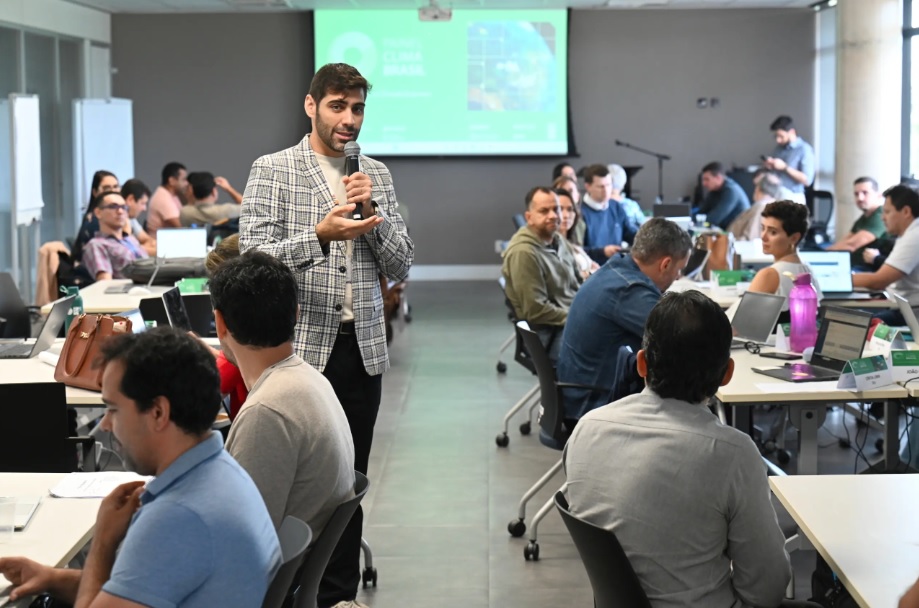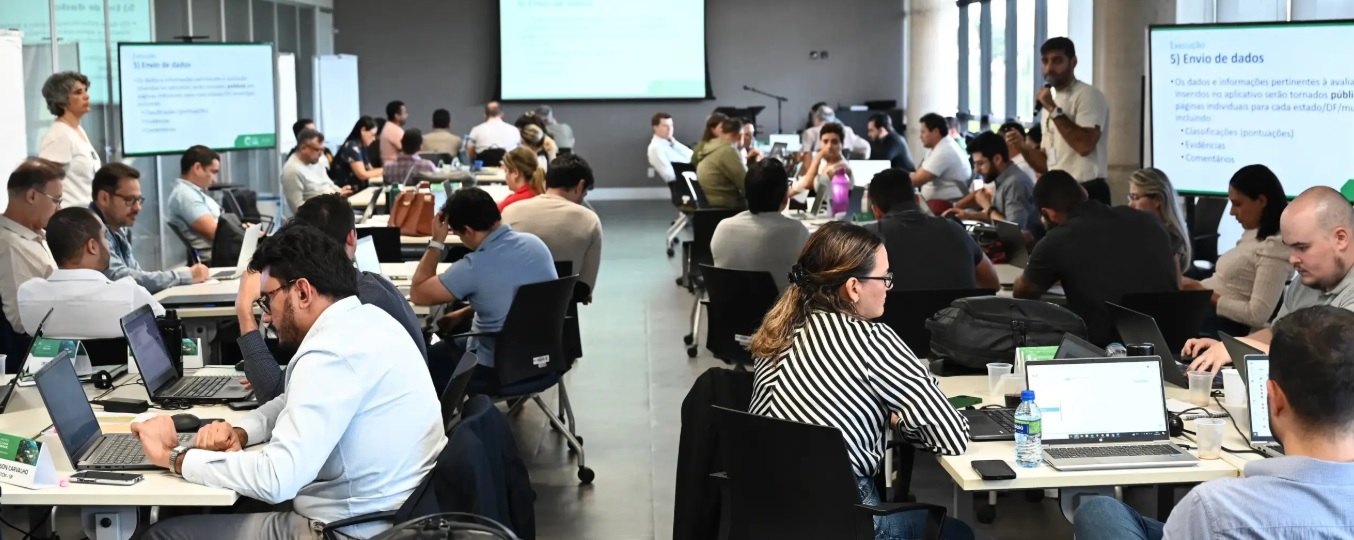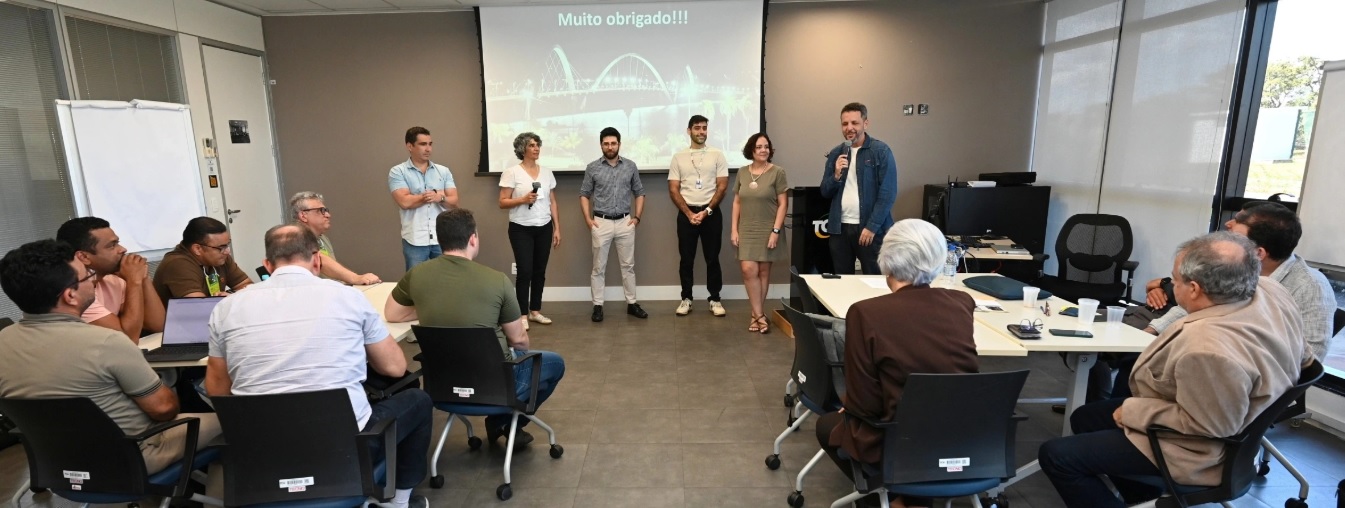ClimaBrasil Panel: Training Reinforces the Role of Audit Institutions in Advancing Climate Change Awareness
The training, concluded on May 23, guided representatives from 33 state and municipal courts of accounts on how to use the tool.
By Secom / Serint

After a week of activities, the ClimaBrasil Panel training concluded on May 23. The program prepared representatives from Brazil’s 33 state and municipal courts of accounts. Organized by the Brazilian Federal Court of Accounts (TCU), the event also brought together staff and experts to strengthen the role of audit institutions in monitoring public policies that address climate change.

Over the week, participants learned how to use the tool and understand its application methodology. They discussed strategies to broaden the dissemination of information about the panel, including encouraging the reading and sharing of the methodology and application manual. The importance of encouraging local training sessions and expanding the use and outreach of the ClimaBrasil app was also emphasized.
Márcio Penante, a government auditing analyst at the Pernambuco State Court of Accounts (TCE-PE), stressed that participants are expected to comply with the standards and requirements of the regional assessment. “It's of extreme relevance to evaluate state public policies for addressing the climate crisis, which includes complex issues like financing and governance. We need to understand how these initiatives are being carried out, as this will also define the impact on the global agenda”, he noted.
Leandro Luís dos Santos Dall’Olio, Coordinator of the Observatory for the Future at the São Paulo State Court of Accounts (TCE-SP), highlighted the clarity and usefulness of the support materials and application manual in fulfilling the mission of regional assessment. According to him, the ClimaBrasil Panel is a major step forward in mainstreaming climate considerations across public policies. “If we fail to treat climate as a state policy, then no matter how much the public and private sectors invest in other areas, it won’t be enough. The environment is a cross-cutting issue, as it directly impacts various sectors: it hinders mobility through floods, it affects public health by spreading new diseases, among other significant consequences”, he stated.
Another key point raised during the training was the importance of presenting the project to public managers in a clear and accessible manner, explaining its objectives, methodology, and scope. Effective communication should be supported by measures that ensure the collection of accurate and up-to-date data, balanced assessments, and transparent presentation of results and feedback.

The ClimaBrasil Panel was designed to provide a structured assessment of public policies addressing climate change, using technical indicators and benchmarks. However, the success of the initiative depends directly on the commitment of audit institutions to data quality and governance. Each court is responsible for inputting information into the system and for the internal procedures used to review and approve the assessments submitted.
With the conclusion of the training, a new implementation phase begins at the state and municipal levels. The focus now shifts to expanding the use of the tool, strengthening the government auditing network, and institutional commitment to the environmental agenda. Audit institutions have until August 22 to complete the assessments within their respective jurisdictions.

To learn more about the ClimaBrasil Panel, click here.